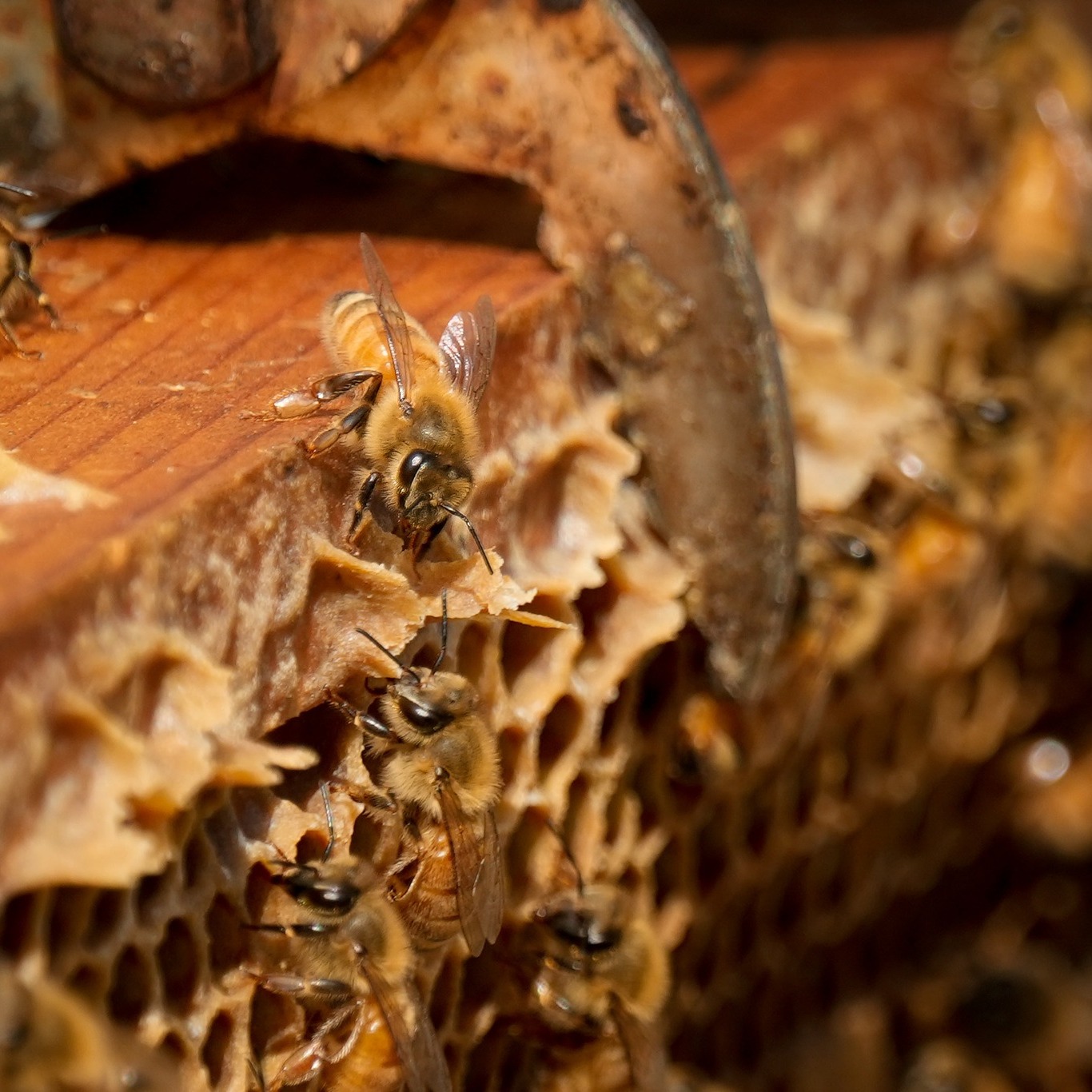- The significance of Happy World Bee Day and its global relevance
- Insights into the biology and ecology of honeybees and their role in our ecosystems
- The importance of sustainable beekeeping practices and local honey production
- The relationship between zoos, bee conservation, and community involvement
- The impact of purchasing locally sourced honey products and supporting conservation efforts
Happy World Bee Day ignites a vibrant celebration in honor of one of nature’s most industrious pollinators, the honeybee. Across the globe, these tiny powerhouses of the ecosystem are critical to biodiversity, agriculture, and the balance of natural habitats. The event serves to celebrate bees and raise awareness about the importance of preserving their populations and the challenges they face.
Honeybees are fascinating creatures whose contribution goes far beyond honey production. They are fundamental to pollinating a substantial percentage of the crops that feed the world’s population. Understanding the biology and ecology of honeybees reveals the intrinsic link between these insects and human survival. Honeybees, or Apis mellifera, live in highly sophisticated and well-organized societies called colonies, consisting of a single queen, thousands of workers, and during certain seasons, hundreds of drones. Each colony is a superorganism, with individuals working selflessly for the collective good.
The role of honeybees in ecosystems is irreplaceable. As pollinators, they facilitate the reproduction of many flowering plants, which produce fruits, nuts, and seeds. This process is vital for food webs that support wildlife and human consumption. It’s estimated that bees directly or indirectly pollinate one of every three bites of food. Moreover, pollination services provided by bees contribute significantly to global economies, ensuring crop diversity and yield.
Sustainable beekeeping mirrors this system of natural harmony and balance. It encompasses practices that maintain bee colonies’ health and environments for years to come. Locally sourced honey, like the kind available at the SCZ gift shop, reflects a commitment to such practices. Sustainable beekeeping minimizes the use of chemicals, promotes the genetic diversity of bees, and supports local flora, all of which contribute to stronger and healthier bee populations.
Zoos need to play an active role in wildlife conservation, including the conservation of pollinators like honeybees. Zoological institutions have the unique ability to educate and engage the public in wildlife conservation efforts. Many zoos worldwide have embraced this mission by integrating beekeeping into their operations and using their platforms to raise awareness about bees’ challenges, such as habitat loss, climate change, and the use of pesticides. SCZ, for instance, demonstrates a positive model for such involvement.
Consumers directly support bee conservation initiatives by purchasing locally sourced honey and bee-related products, like those infused with strawberries from @juniperclaycanning. Purchasing these items goes beyond the transaction; it represents a commitment to environmental stewardship. These products often have a lower carbon footprint compared to mass-produced alternatives, and they help sustain the livelihoods of local beekeepers who are invested in practicing ecologically responsible beekeeping.
It is essential to understand that human activities profoundly affect the survival of honeybees. Habitat destruction, monoculture practices, and the use of neonicotinoid pesticides contribute to bee declines known as colony collapse disorder. By supporting zoos and organizations dedicated to conservation, individuals can play a proactive role in turning the tide for honeybees.
As we learn more about these creatures and their myriad environmental threats, it becomes increasingly clear that a collaborative approach is needed to safeguard their populations. Initiatives like habitat restoration, pollinator-friendly gardening, and global research all support healthy bee populations. Education on these issues, especially on occasions like Happy World Bee Day, can elevate public concern and action to address the plight of bees.
In the spirit of this special day, let’s celebrate the honeybee and reflect on our impact by supporting conservation efforts, choosing sustainable products, and educating ourselves about these vital creatures. The synergy of these efforts can help ensure that the hum of bees remains a part of our natural world. By recognizing their value and taking steps to protect them, we actively contribute to the overall health of our planet. Happy World Bee Day to our buzzing allies, the honeybees!
*****
Source Description
Happy World Bee Day! 🎉🐝
Did you know that SCZ is home to honeybees? Our buzzing friends play an essential role in the ecosystem and we’re thrilled to share their hard work with you. 🍯
You can purchase locally sourced, sustainable honey from our gift shop produced by none other than our very own bees! And the best part? Our friends at @juniperclaycanning turn their hard work into amazing products like spiced coffee butter and strawberry-infused honey!
By purchasing this honey, you’re not only supporting our conservation efforts but also contributing to the overall health of our planet. 🌍

